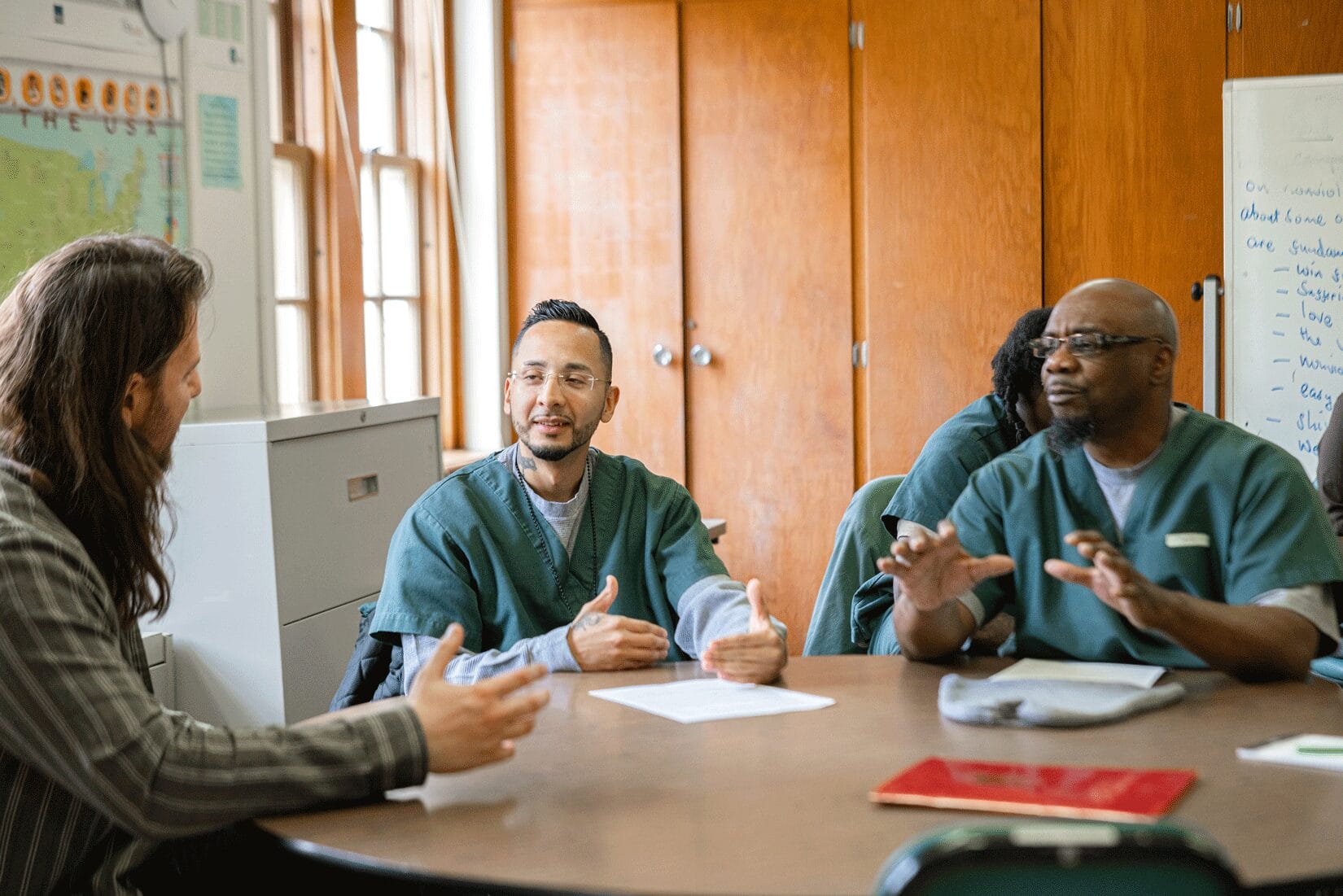
College for people currently or formerly incarcerated
If you or someone close to you is currently or formerly incarcerated, college is still an option.

Although there are wide disparities in college attendance between the general public and incarcerated individuals, some schools are breaking down barriers. The benefits of higher education – such as civic engagement and economic opportunities – extend beyond individuals to communities and the state.
I talked with Peter Moreno, director of UW–Madison’s Odyssey Beyond Bars (OBB), offering college jumpstart programs to students incarcerated in Wisconsin prisons, about going back to school during or after incarceration.
Can you share the biggest changes you’ve noticed in OBB students as they progress through college courses? Many students begin unsure of themselves and their identities as college students, but as the semester unfolds and they develop skills in reading and writing, they start believing in themselves. They see themselves as members of a learning community, a process we encourage by asking students to share their written work with the class. As OBB alum Willie Davis explains, “In finding yourself, you discover an array of beauty within … you’ve found that part of yourself you never dreamed of — an appetite for learning. Now you have turned into a good person with direction in life and the vision to navigate it.”
How do you suggest people currently or formerly incarcerated get started in higher education? We recommend they connect with the education staff at their prison to learn what is available. Unfortunately, not every prison has college jumpstart programs like OBB. It is important for aspiring college students to alert education staff at the prison that they want to enroll in these programs. OBB is working to offer more courses, and we respond to student demand. It can be difficult for formerly incarcerated students to feel like they fit in on campus. We suggest they investigate whether the college in their area has an advising unit that specializes in serving nontraditional adult learners. If the college doesn’t have such a service, we urge students to demand one.
What is Second Chance Pell and how that has helped increase access to higher education? Second Chance Pell (SCP) provides federal education funding for students who are currently incarcerated. It allows selected colleges and universities to bypass a general ban on students in prison accessing Pell grants. However, in fall 2023, that ban on Pell grants will be lifted. Schools will not have to apply for SCP status to offer Pell grants to their incarcerated students. UW–Madison is preparing for this, and we are excited to offer degree and certificate programs to students in prison, supported in part by Pell funding.

How can education programs for justice-impacted people benefit their communities and the state of Wisconsin? Most incarcerated people will leave prison and reenter their communities, and about 40 percent of them will return to prison within three years. Students who pursue education while incarcerated are more likely to be successful when they get home and less likely to return to prison. The benefits of breaking this cycle include more productive workers, more stable families, safer neighborhoods and savings to the taxpayer. As OBB alum Robert Taliaferro said after returning home, “Education in prison is a game-changer. I did 38 years. I came out, and in two weeks, I’m a productive citizen. I am paying taxes, rent, bills and buying food and adding to the economy, as well as helping other returning individuals.”
College isn’t for everyone – there are many paths to a successful career – but it should be available to anyone who wants to attend, regardless of background.
The Lifelong Learner is a monthly feature written by UW–Madison’s Continuing Studies staff. Ace Hilliard, an educational counselor, can be reached at ace.hilliard@wisc.edu. This article first appeared in the Wisconsin State Journal on October 9, 2022.
Published on Oct 11 2022
Last Updated on Apr 09 2024
Categories: Lifelong Learner, News
Tags: Adult Learners, Odyssey
Previous Post
Returning students can get specialized advice



